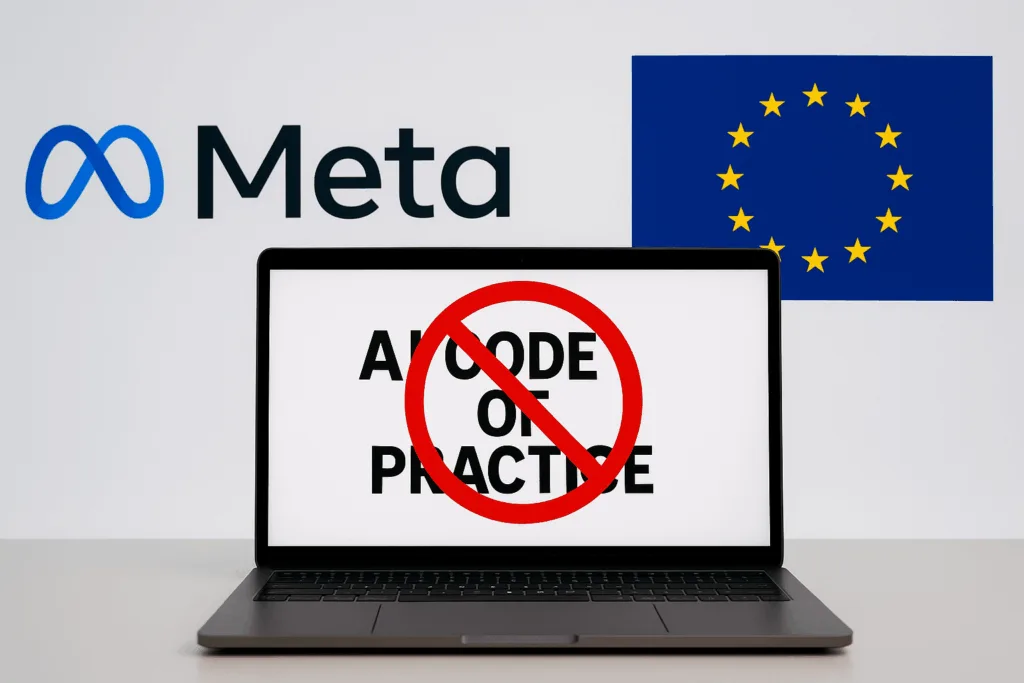It seems that the tussle between Big Tech giants and the European Union (EU) regulators is going to intensify in the coming times. In a fresh development, Meta has declined to comply with EU’s guidelines around Artificial Intelligence (AI). Commenting on these rules, Meta’s chief global affairs officer Joel Kaplan said they introduce a number of “legal uncertainties” for the developers of AI models.
Kaplan, over the weekend, outlined Meta’s perspective on EU’s AI-related guidelines through a LinkedIn post.
“Europe is heading down the wrong path on AI,” he said. “We have carefully reviewed the European Commission’s Code of Practice for general-purpose AI (GPAI) models and Meta won’t be signing it.”
Understanding EU’s AI Rulebook
The EU officially published details the GPAI guidelines on July 10 calling it a voluntary tool developed by 13 independent experts reflecting the collective input of over 1,000 members of the AI industry. The guidelines are slated to go live on August 2.
As explained in EU’s statement, “the code consists of three chapters: Transparency and Copyright, both addressing all providers of general-purpose AI models, and Safety and Security, relevant only to a limited number of providers of the most advanced models.”
The code mandates AI firms to not train their models based on others’ intellectual properties including articles, books, and news stories. It furthermore stipulates that AI features need to be put to the table with frequently updated documentation.
The EU has pitched that the “Safety and Security” measures in its AI guidelines will help prevent systemic risks such as AI being misused to create chemical or biological weapons or leading to uncontrolled AI systems among others.
“Providers of general-purpose AI models who voluntarily sign the Code will benefit from a reduced administrative burden and increased legal certainty compared to providers that prove compliance in other ways,” EU’s statement from earlier this month noted.
Meta’s argument
Kaplan, in his LinkedIn post, claimed that more than 40 of Europe’s largest businesses have signed a letter asking the European Commission to “Stop the Clock” in implementing these guidelines. As per reports, Airbus, ASML, and Mistral among others, are among firms that have asked the EU to extend the timeline of deploying these rules by at least two year.
“Businesses and policymakers across Europe have spoken out against this regulation,” he noted, calling these guidelines an “over-reach”.
He has highlighted his concerns with these rules implying that they could suffocate the development and deployment of frontier AI models in Europe, thus stunting the sector’s growth in the region.
Back in April, U.S. President Donald Trump had also bludgeoned the EU to drop the AI Act, calling the rules a form of taxation.
Anthropic AI, meanwhile, has reportedly expressed an intention to sign the GPAI rules upon a detailed review.



